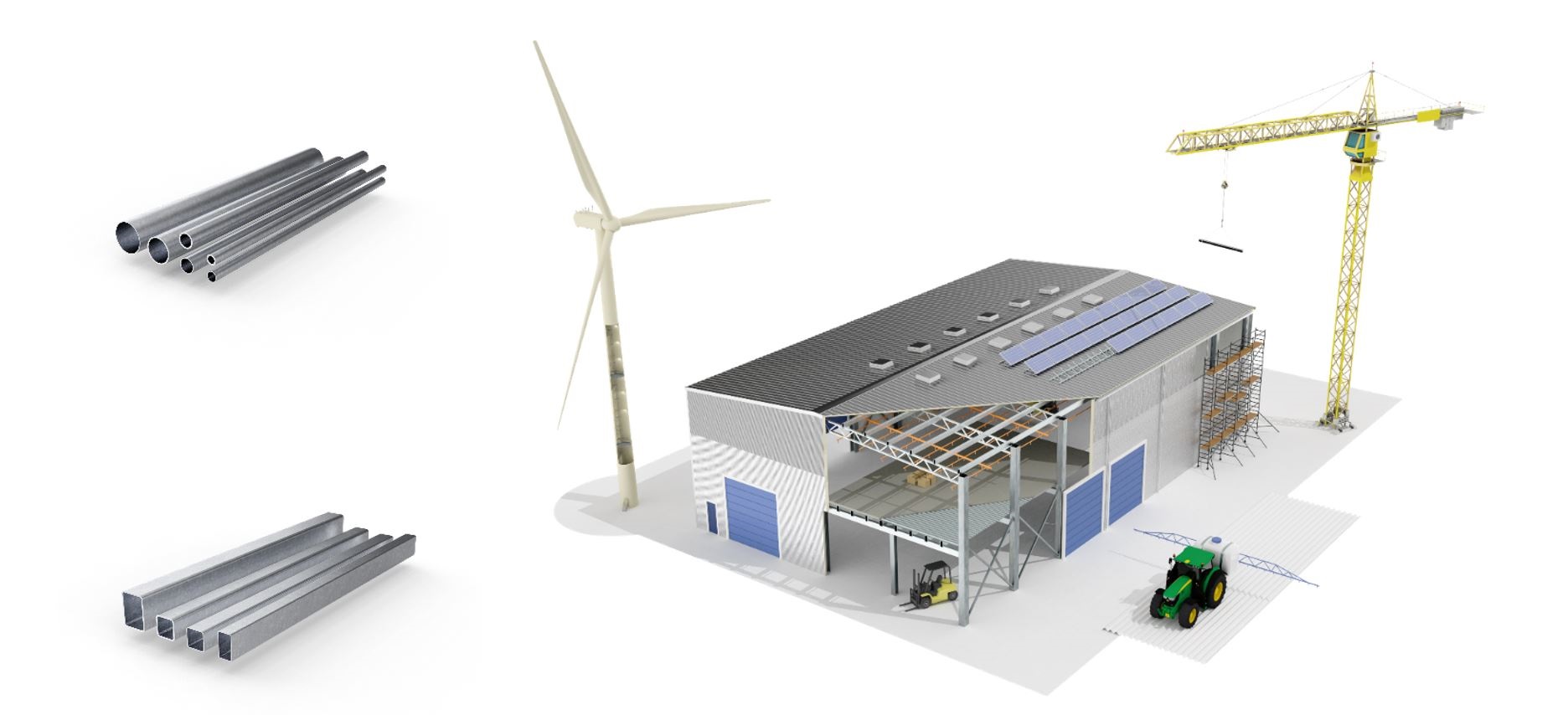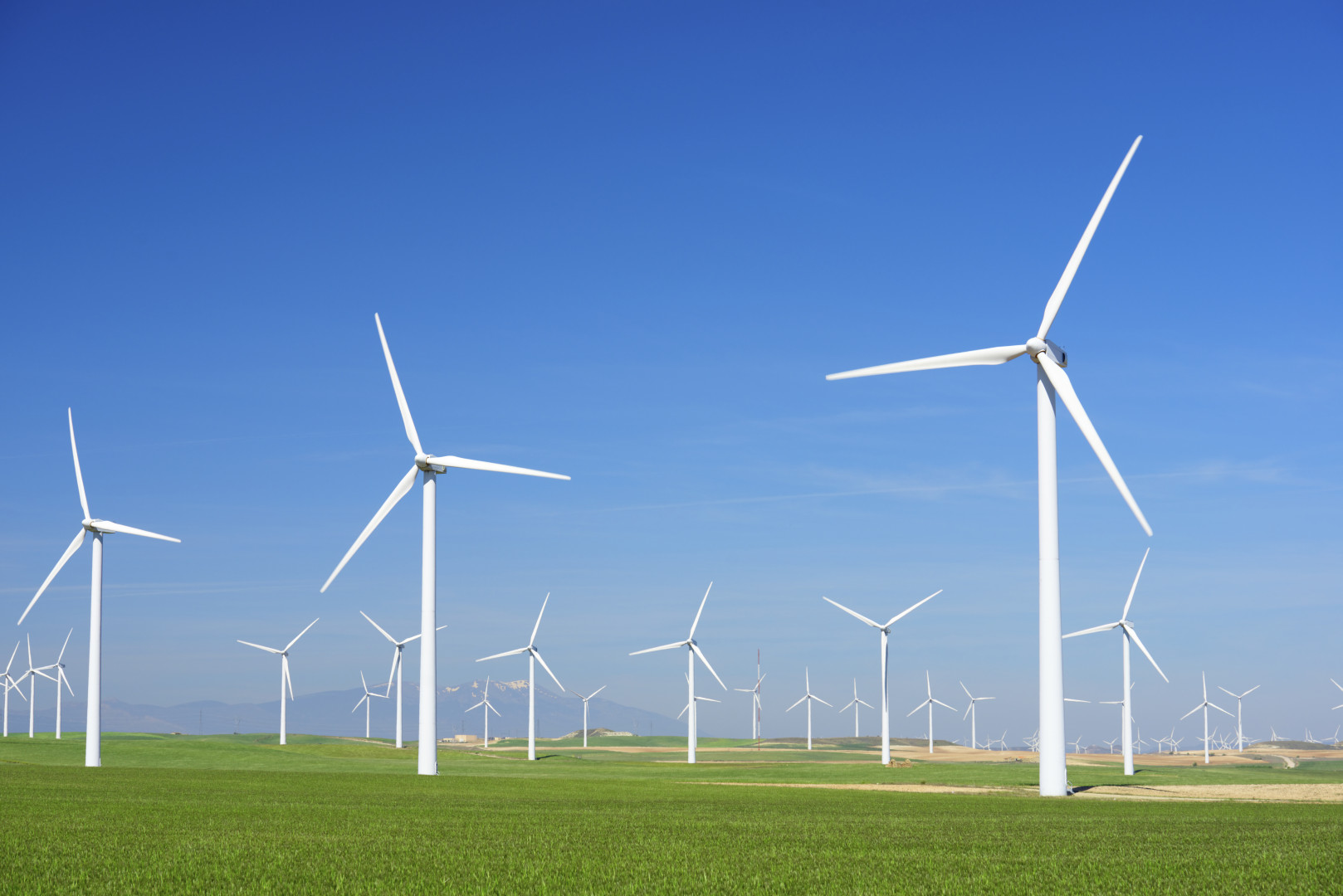Notre objectif pour un avenir plus durable
Tanja Mantere, directrice générale, ArcelorMittal Europe – Tubular Products
L’industrie sidérurgique est responsable de 7% à 9 % des émissions de carbone dans le monde. Chaque tonne d’acier produite émet en moyenne 2,1 tonnes de CO2. Transformer et décarboner cette industrie est certes un défi, mais il s’agit d’une étape essentielle si l’on souhaite lutter contre le changement climatique.
Aujourd’hui, le monde que nous avons connu évolue à un rythme sans précédent. Nos bâtiments et nos maisons sont transformés pour devenir plus durables. L’énergie que nous consommons au quotidien est de plus en plus générée par des sources renouvelables. Et l'électrification des moyens de transport se développe de plus en plus vite.
Les tubes acier sont au cœur de cette transition vers la décarbonation. Avec sa gamme inégalée de solutions tubes acier, ArcelorMittal Europe – Tubular Products accompagne ses clients dans cette transformation. Fabriquer un simple tube n’est plus une option pour nous.
Les tubes en acier constituent une solution idéale pour diverses applications structurelles telles que les ossatures de bâtiments et les gicleurs (sprinklers), le photovoltaïque, les éoliennes, les échafaudages ou les machines industrielles. La recyclabilité à 100% de l'acier 100 % constitue un avantage important en matière d'approche environnementale et de consommation moins élevée de ressources.

Transformer la chaîne d’approvisionnement
Nous avons réinventé notre chaîne d’approvisionnement dans trois domaines critiques : le sourcing, la production et le transport. En matière de sourcing en matériaux bas carbone, nous avons adopté les initiatives XCarb® d’ArcelorMittal, en nous approvisionnant en bobines mères recyclées et renouvelables auprès de Sestao, une étape cruciale étant donné qu’environ 95 % de l’empreinte carbone d’un tube en acier provient de la matière première. Les bobines d’acier fabriquées avec du XCarb® de sources recyclées et renouvelables émettent quatre fois moins de CO2 que les traditionnels procédés de haut fourneau. Dans le domaine de la production bas carbone, notre usine de production Legutio est stratégiquement située à proximité de Sestao, dans le nord de l’Espagne, réduisant ainsi l’impact négatif du transport des matières premières. En outre, nous utilisons de l’électricité 100 % renouvelable pour produire des tubes bas carbone, fabriqués à partir d’acier XCarb® de sources recyclées et renouvelables. Afin de garantir un transport plus durable, nous accordons la priorité aux méthodes plus propres telles que le fret intermodal, qui combine les livraisons par train et par camion de sorte à assurer un impact minimal sur l’environnement.

